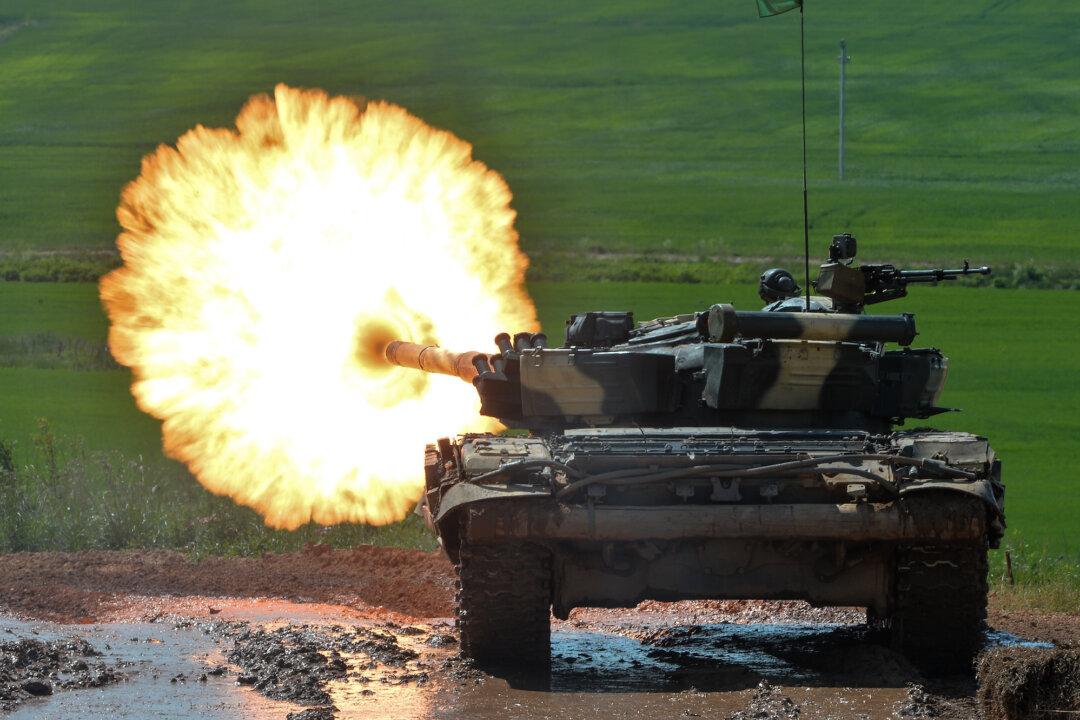Ukrainian foreign minister Dmytro Kuleba urged the West to provide more “weapons, weapons, and weapons” as Ukraine battles Russia’s invading forces, with NATO vowing to provide heavier arms and the Czech Republic becoming the first allied country to ship tanks to Kyiv.
Kuleba issued the plea for more arms for his war-torn country in doorstep remarks to reporters in Brussels on April 7, ahead of a meeting of NATO ministers of foreign affairs.





